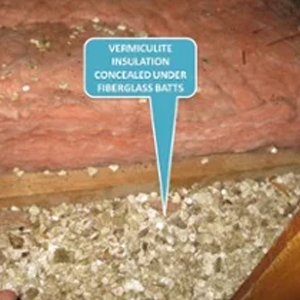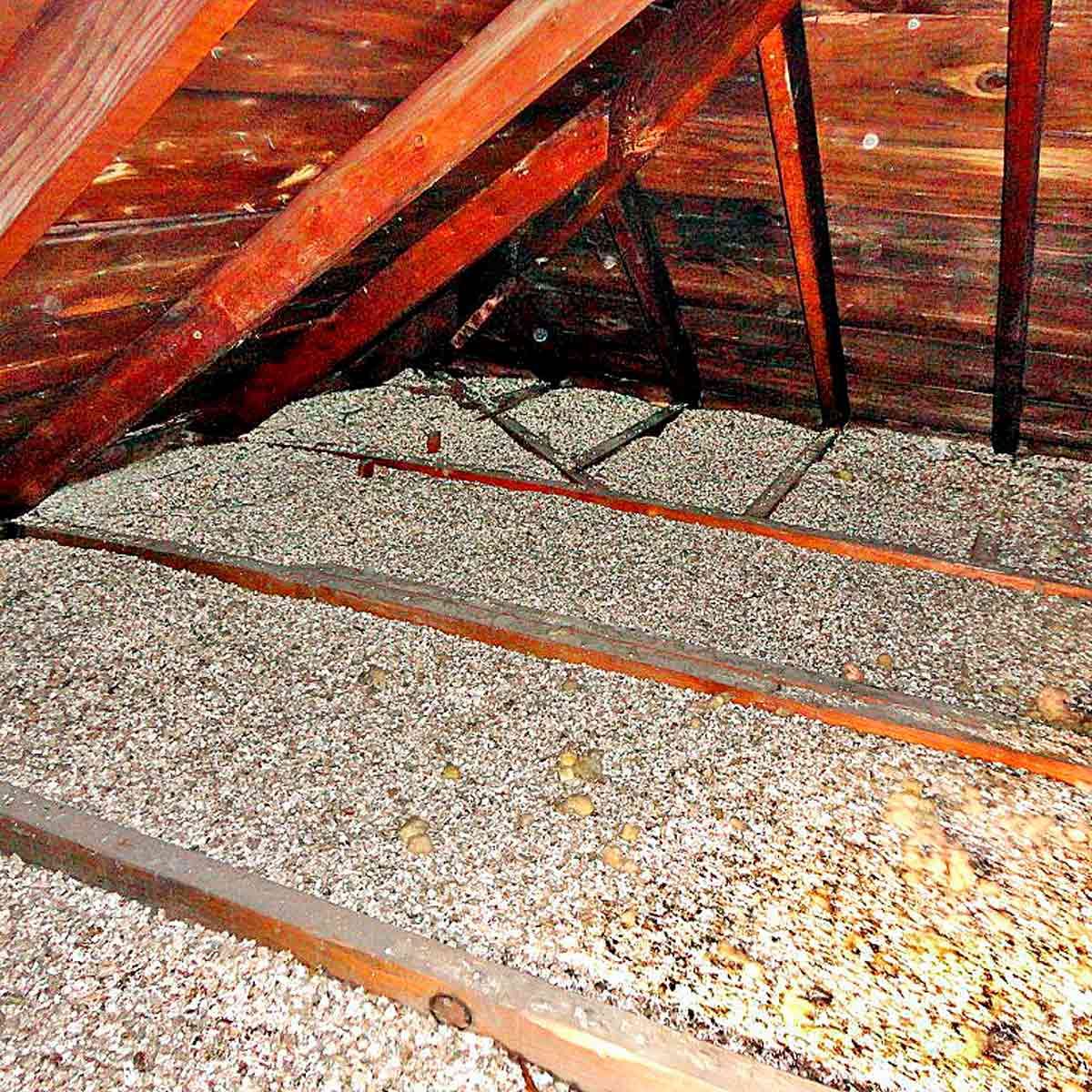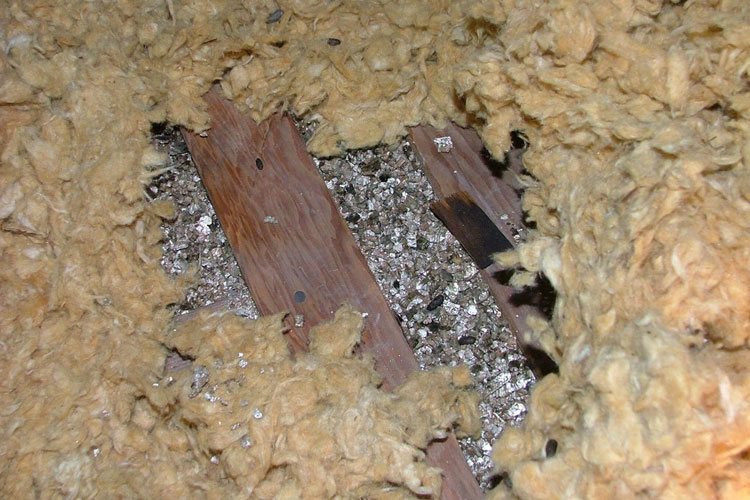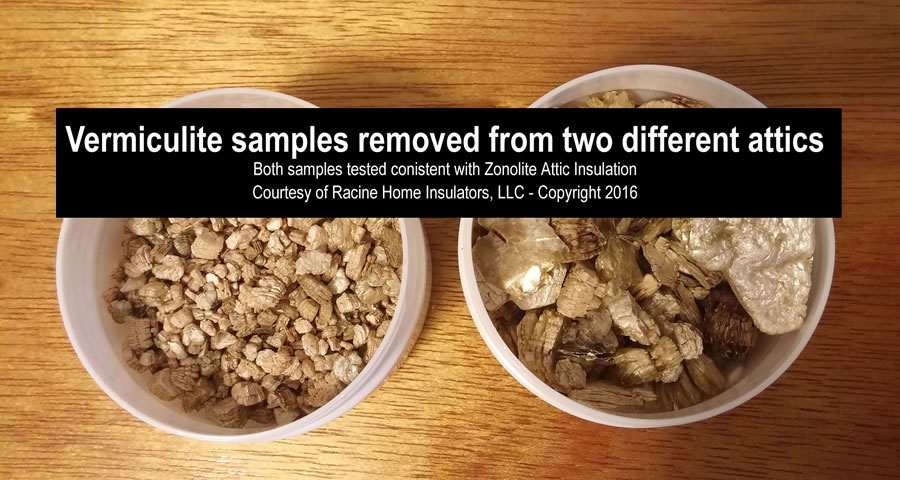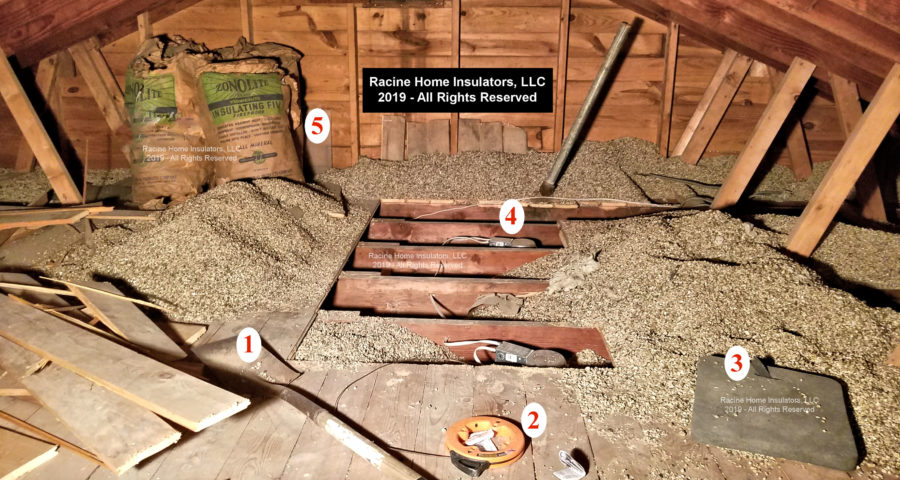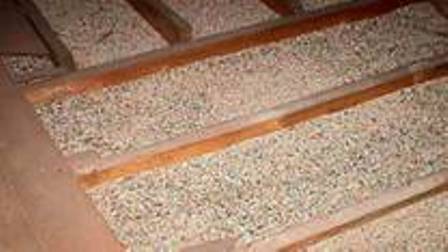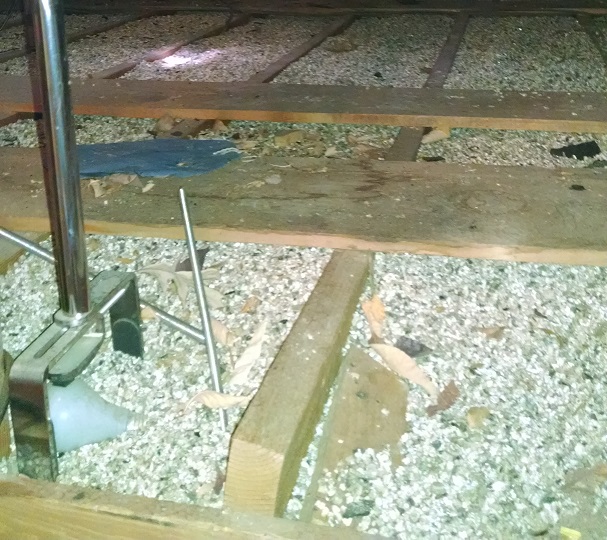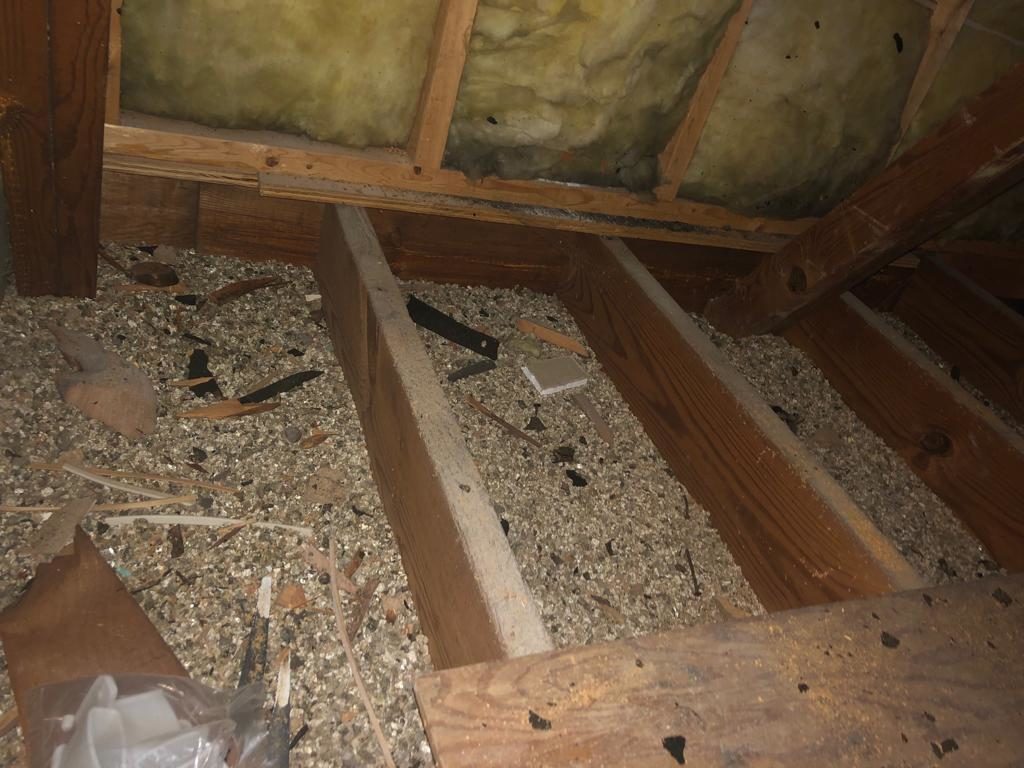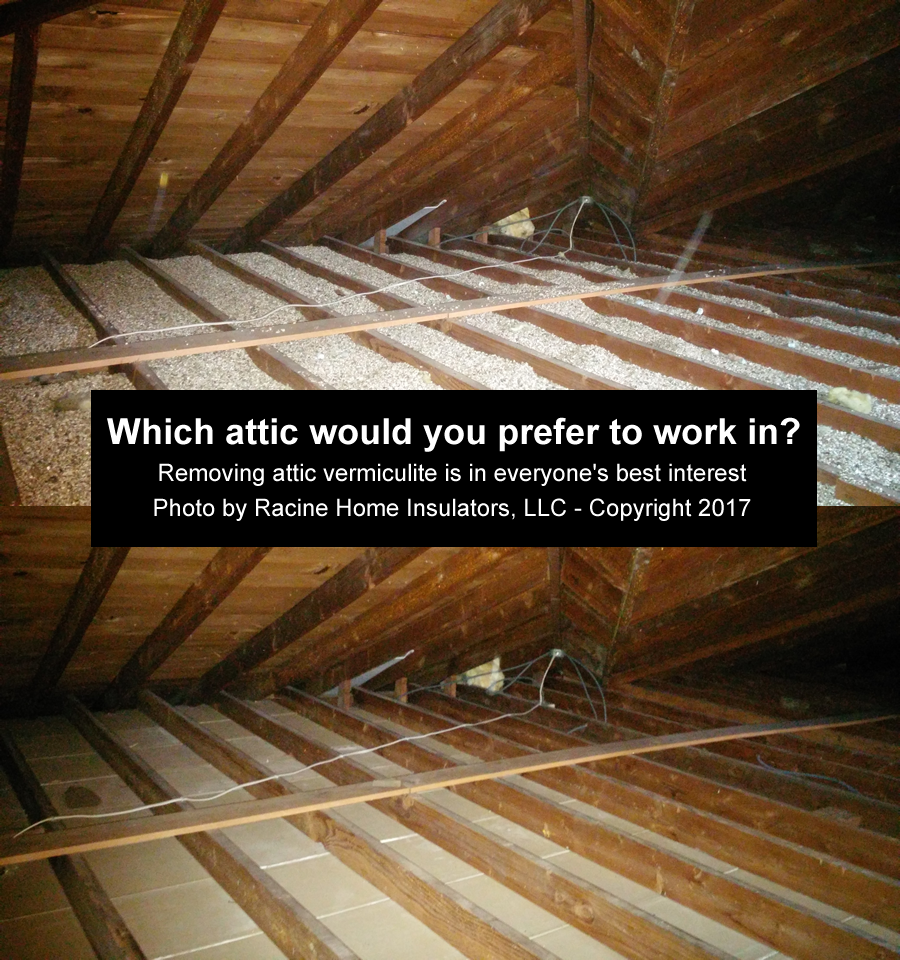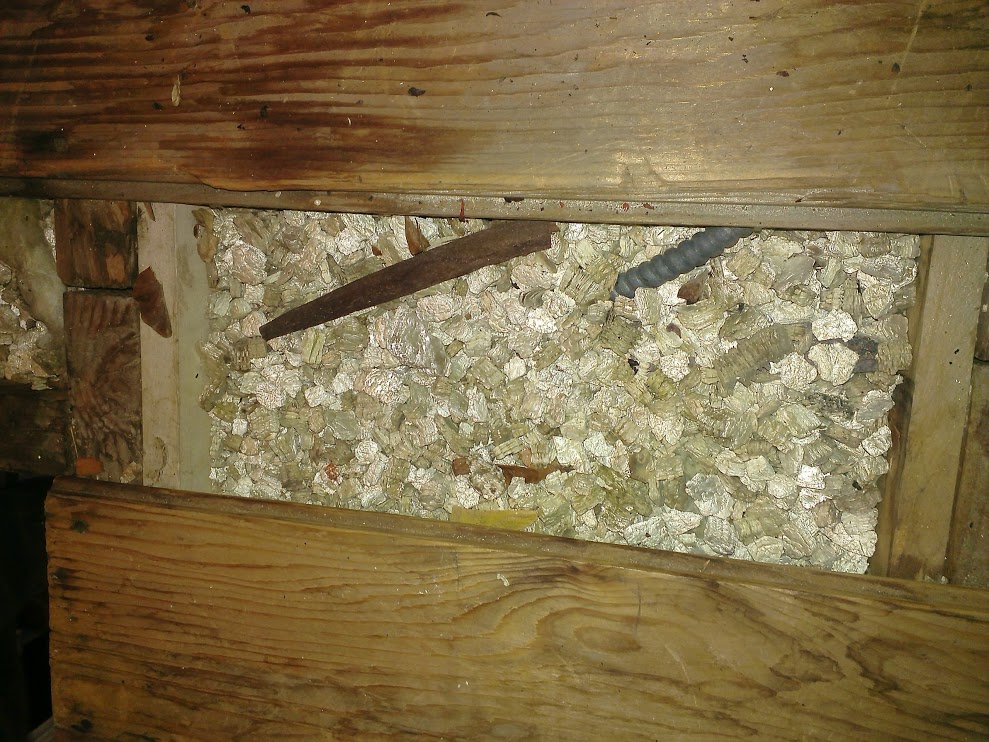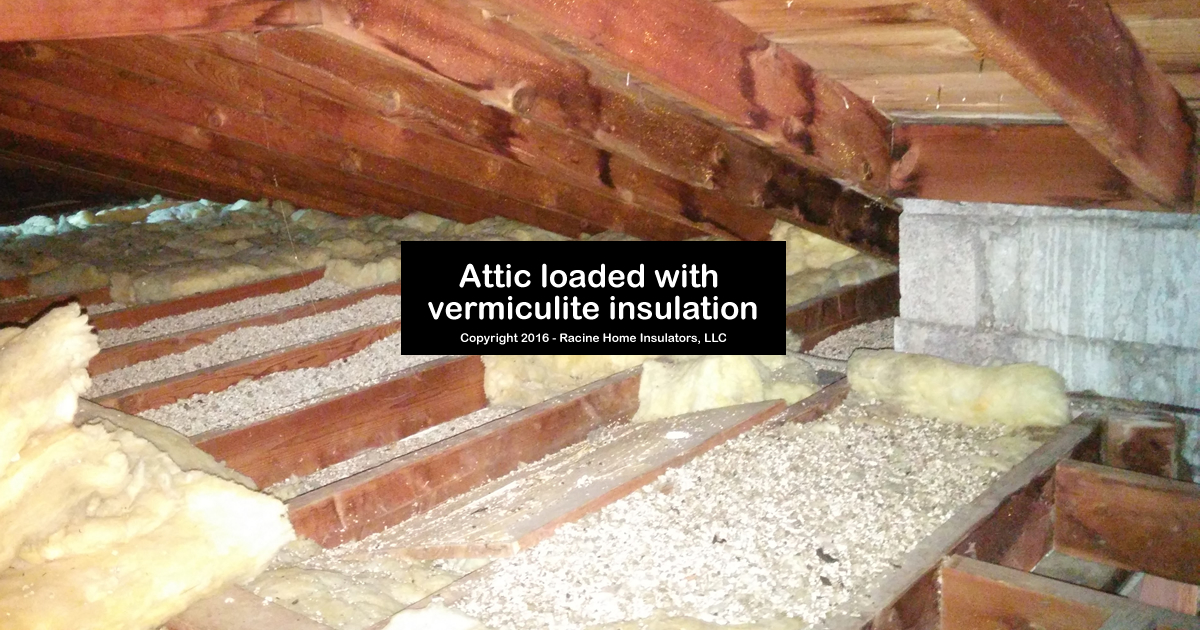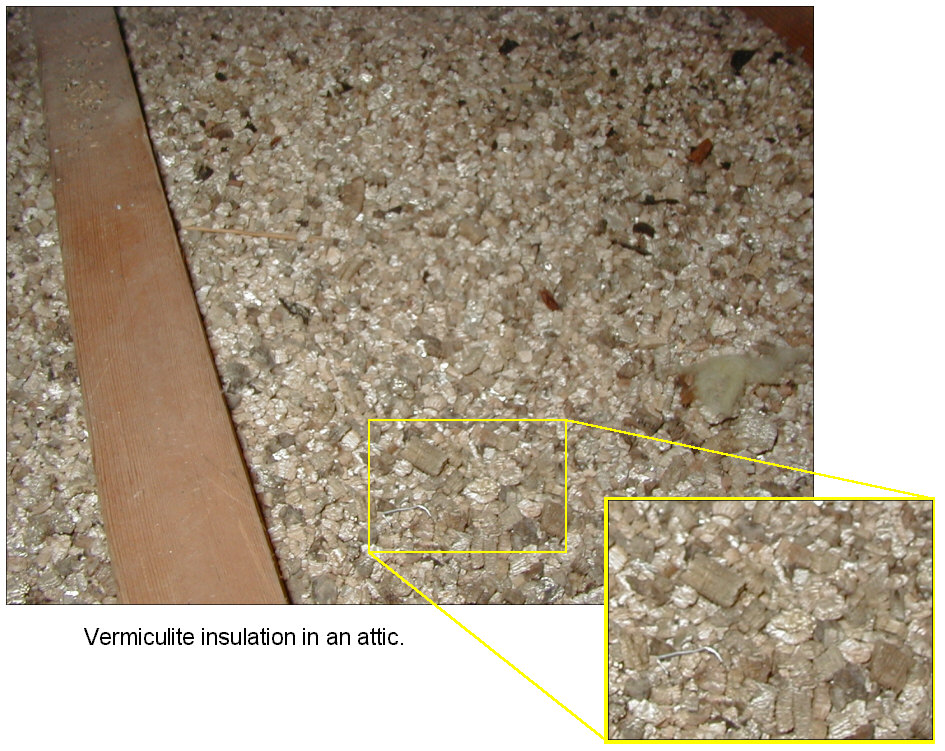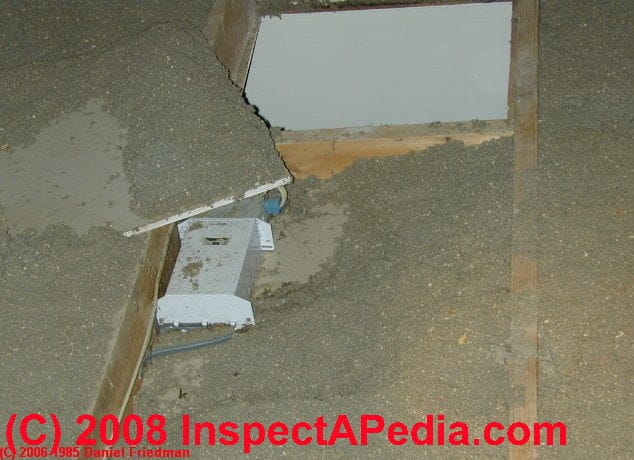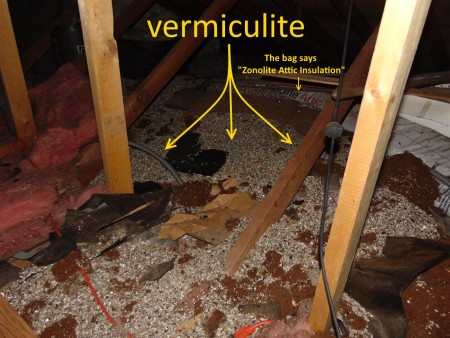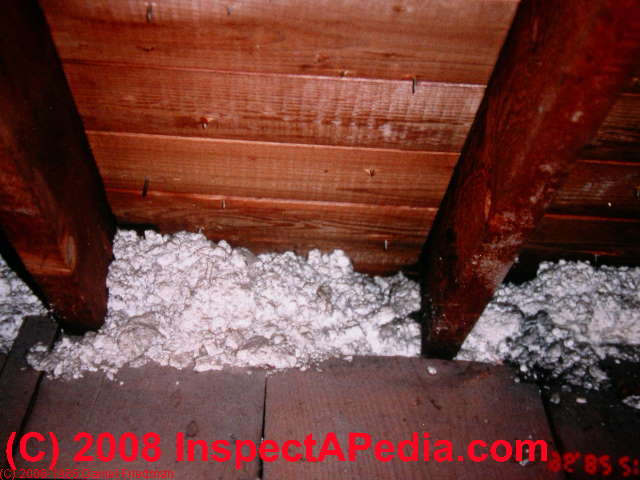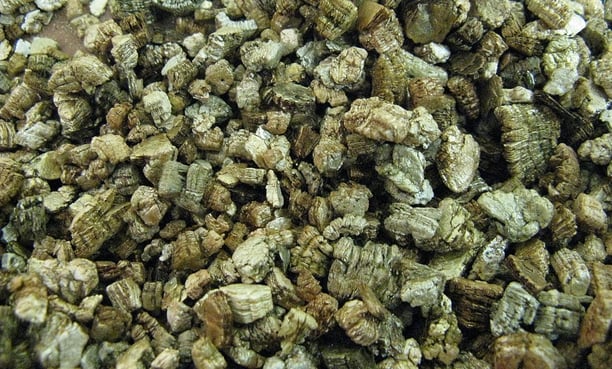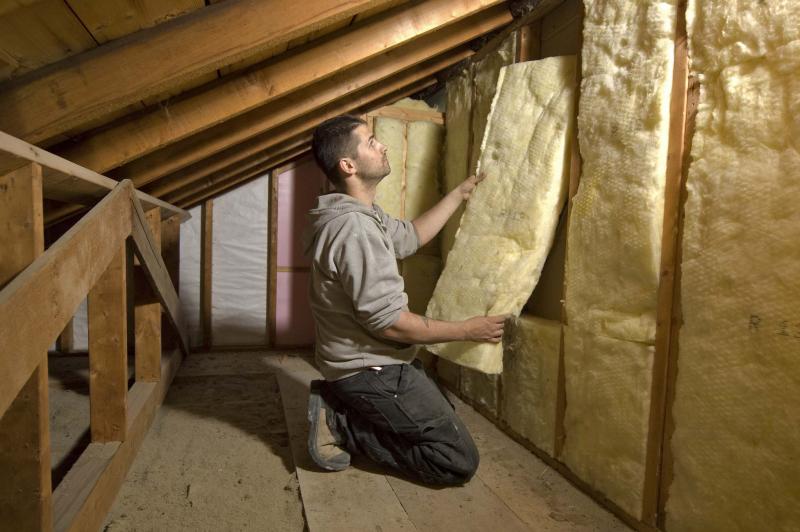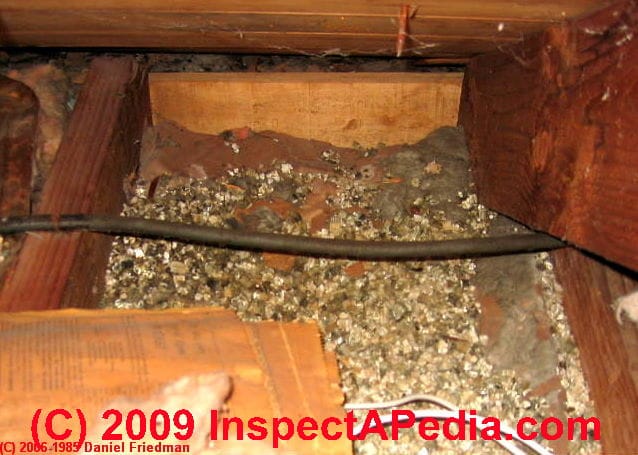The expanded vermiculite is a light weight fire resistant and odorless material and has been used in numerous products including insulation for attics and walls.
Vermiculite insulation in attics and walls.
Insulation board containing asbestos has been used in walls and ceilings as well as soffits fascia and other parts of many homes and structures.
Asbestos wall insulation can be found in various forms.
Addressing attics with vermiculite is a particular challenge for weatherization agencies.
Asbestos contamination vermiculite forms over millions of years due to weathering of the mineral biotite.
Vermiculite was a common attic insulation product sold from the late 1920s to the early 1990s.
That s good news because most zonolite a type of vermiculite insulation falls into that category.
Concerns about asbestos contaminated vermiculite insulation.
However some vermiculite insulation contained asbestos fibres which can cause problems if inhaled.
In this form vermiculite is a lightweight odorless and fire resistant material that has been used in numerous applications such as insulation for attics and walls.
The epa says that vermiculite insulation which is the pebbly stuff found in attics of many older homes is only risky if it contains more than one percent asbestos.
Do not store belongings in the attic.
The zonolite attic insulation trust was established in 2014 to help homeowners with the cost of removing zonolite attic insulation from their homes.
Vermiculite insulation was sold in bags to builders and homeowners under the zonolite.
Where does it come from.
It could be purchased locally and could be installed by contractor or homeowner.
Vermiculite itself has not been shown to be a health problem.
The trust reimburses homeowners for 55 percent of their removal and reinsulation costs with a maximum payout per owner of 4 125.
Sizes of vermiculite products range from very fine particles to large coarse pieces nearly an inch long.
So if you have vermiculite insulation look into this.
Unfortunately almost all vermiculite insulation contains asbestos and is unsafe when disturbed.
This board is often found sandwiched between other.
Do not sweep it or vacuum it up.
Avoid disturbing the material.
What does asbestos insulation look like in walls and attics.
If the attic or walls of a house contain vermiculite insulation leave it alone.
As long as this kind of vermiculite based insulation remains undisturbed behind intact walls or in attic spaces and does not become airborne it should not be a concern.
From 1919 to 1990.
If your attic or wall insulation is in batt or blanket form whether it s fiberglass cellulose or another material you generally don t have to be concerned about asbestos.
The types of insulation that were most commonly made with asbestos are loose fill also called blown in insulation.
Vermiculite insulation was sold in the u s.

